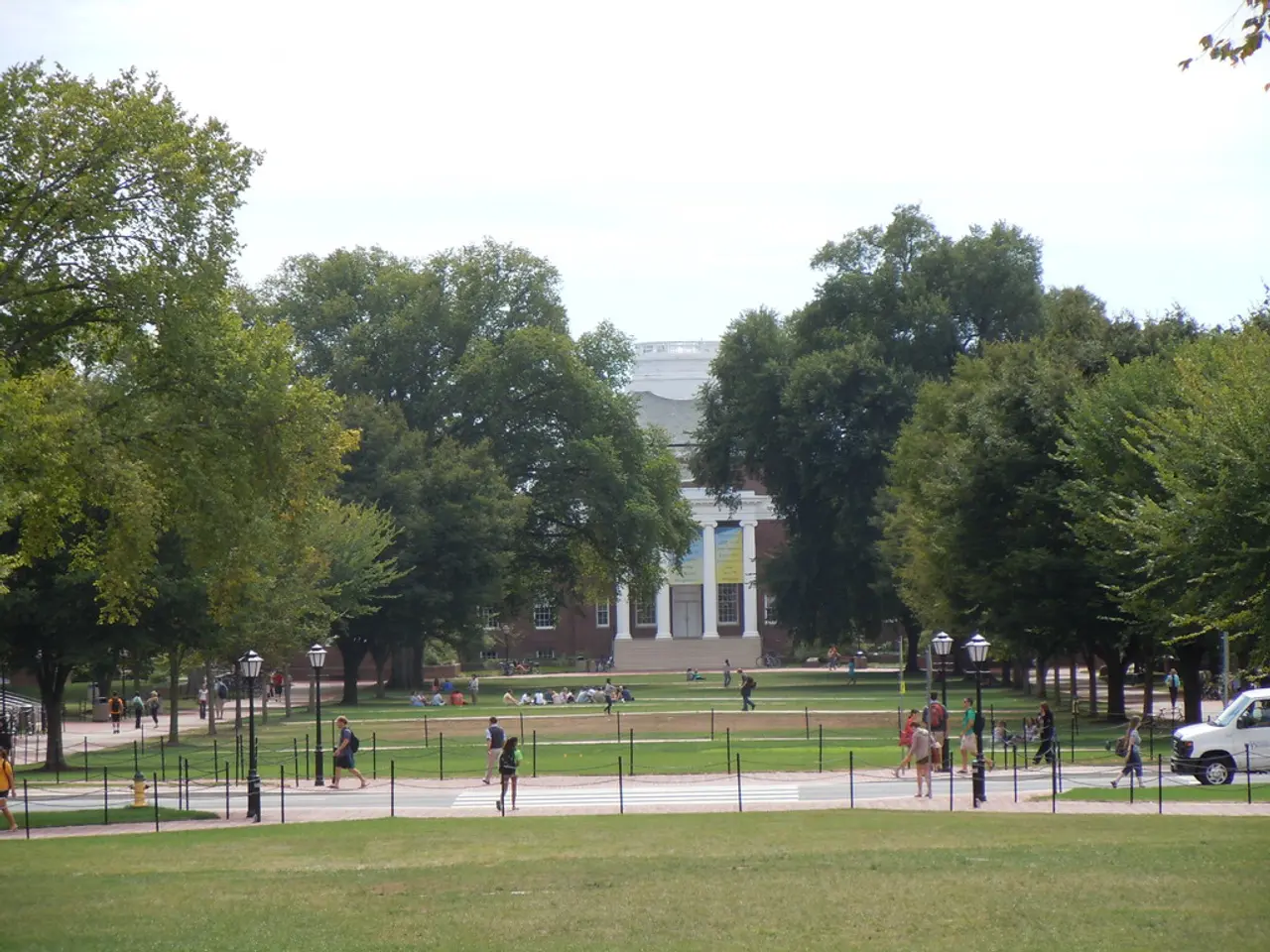Ludhiana Teachers Assert Mission Samarth 3.0 Hurts Academic Schedule; DEO Denies Claims
In the heart of Chandigarh, the quality of education is a topic of ongoing discussion, particularly in relation to Mission Samarth 3.0. This educational initiative, spearheaded by the Punjab government, aims to improve academic standards in government schools.
The program includes updated study materials and a special emphasis on writing skills, mathematical ability, and English comprehension. Remedial classes are structured, and academic activities are focused, as perceived by teachers and the district education officer (DEO), Ravinder Kaur.
Ravinder Kaur has personally visited schools and observed significant improvement in students' learning as a result of Mission Samarth. Teachers receive print materials and instructions aimed at improving literacy and numeracy skills, while orientation programs are held for school heads and other educational staff to optimise the program's effectiveness.
Remedial classes under Mission Samarth 3.0 are officially instructed by SCERT (State Council of Educational Research and Training) Punjab, showing governmental emphasis on maintaining academic standards and addressing learning gaps.
However, the initiative has drawn mixed reactions. Some praise its focus on foundational skills, while others question the strain it places on the regular curriculum. Teachers argue that Mission Samarth disrupts the academic calendar by keeping students away from their main curriculum for the first six months of the year.
Daljit Singh Samrala, district president of the Democratic Teachers' Front (DTF), claims that many students travel to their native places and miss classes during the last six months of the session, affecting attendance. This disruption forces teachers to complete the whole syllabus in the remaining half session, a period often marked by festive breaks, low attendance, and unfinished lessons.
Despite these concerns, Ravinder Kaur believes that if students' basics are polished, they will be able to cope with the syllabus. Mr. Samrala, however, states that teachers are capable of assessing and addressing learning levels without the need for a mission like Mission Samarth.
As the endline testing of Mission Samarth 3.0 is yet to begin, the impact of the initiative remains to be seen. The program continues to evolve, aiming to strike a balance between remedial education and the regular curriculum, ensuring a comprehensive and quality education for all students in Punjab.
The Punjab government's initiative, Mission Samarth 3.0, is not only focused on improving academic standards in government schools but also includes a special emphasis on education and self-development, as evidenced by the inclusion of remedial classes for foundational skills like writing, mathematics, and English comprehension. Additionally, the program's effectiveness in education and self-development is seen as general news, as it continues to evolve with the aim of striking a balance between remedial education and the regular curriculum, ensuring a comprehensive and quality education for all students in Punjab.




